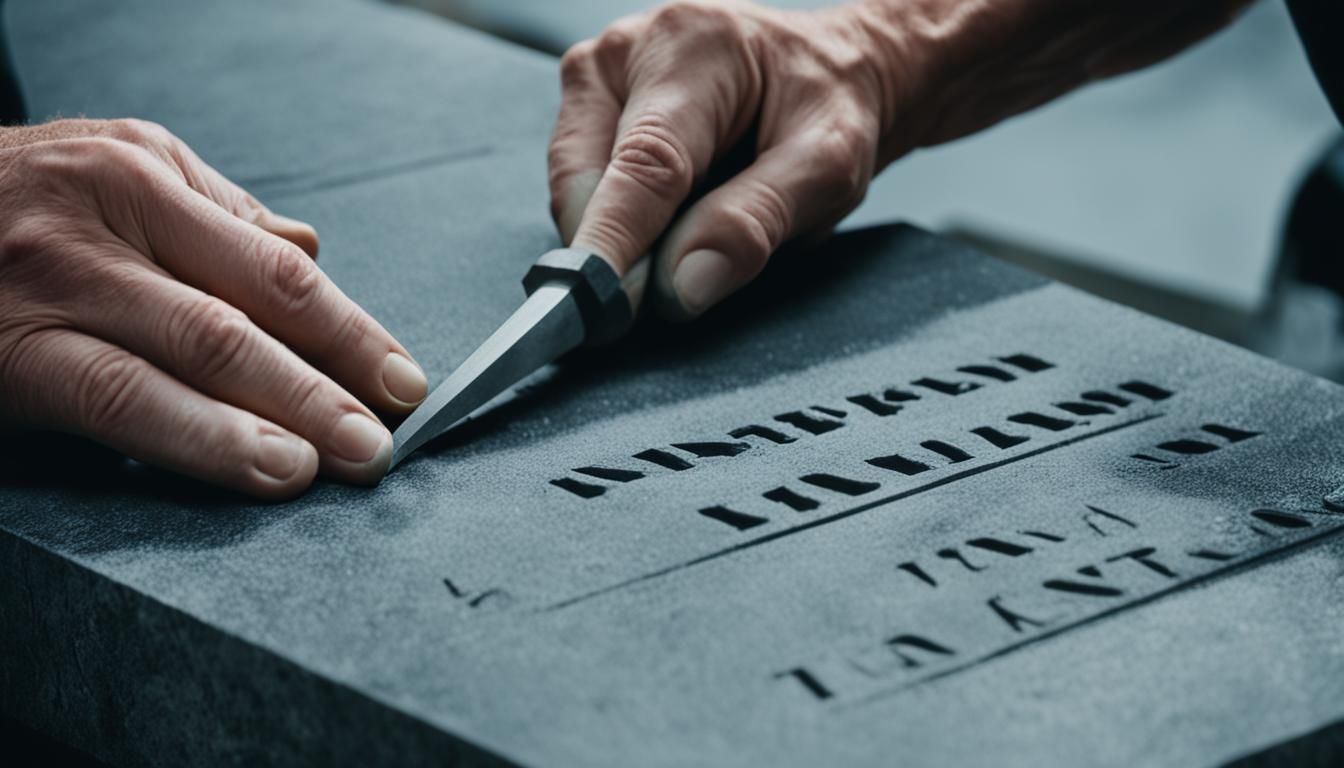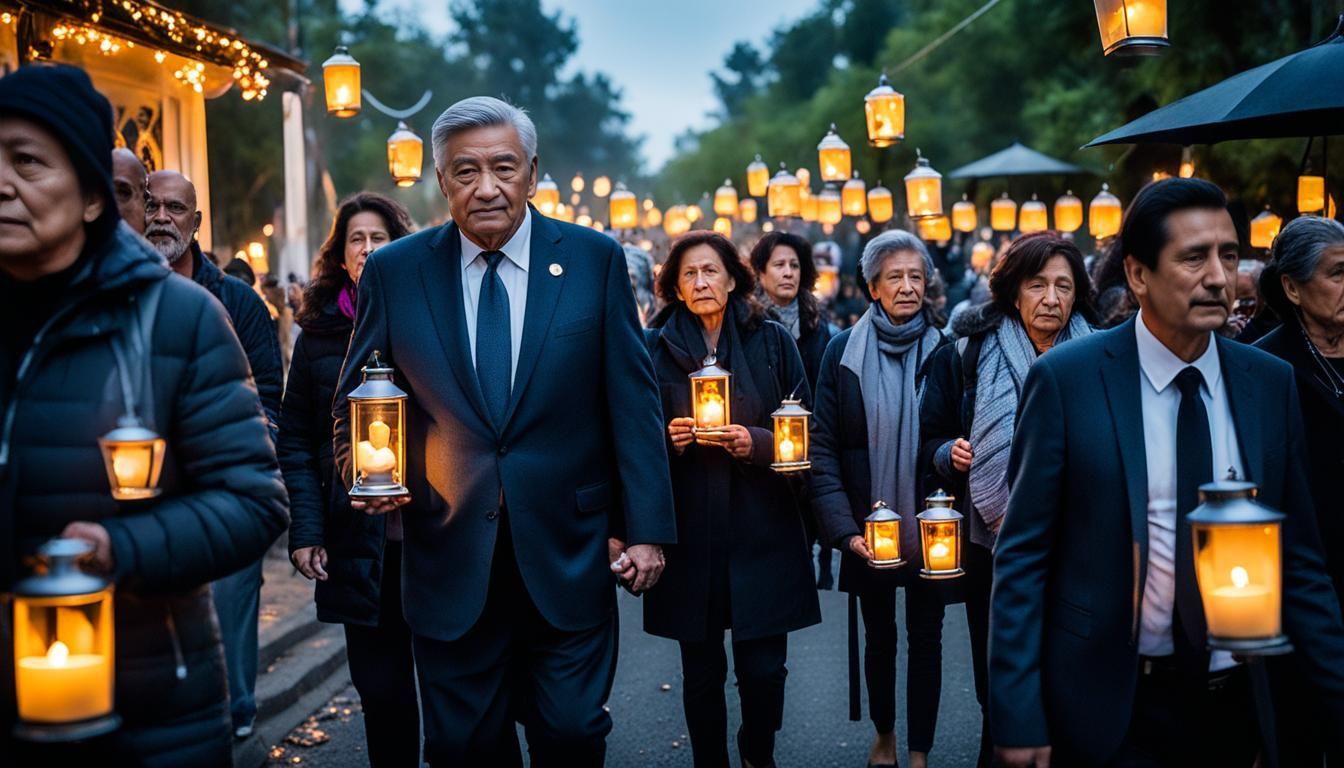Supporting Grievers: How to Listen to Someone Who Is Grieving
Supporting Grievers: How to Listen to Someone Who Is Grieving
Have you ever thought about what helps someone who is grieving? Is it wise words or simply being there? It's key to support them, as they feel many strong emotions. These can include sadness, anger, and feeling very alone. Recognizing that being there is more important than saying the "right" thing is essential. Deal Funeral Directors in Statesboro, Georgia, notes that presence helps healing. When we listen well, we give grievers a space to share their pain. This helps them feel understood and aids in their healing.
Key Takeaways
- Recovery after bereavement typically takes 18 to 24 months, though it can extend beyond this period for some individuals.
- Providing ongoing support is essential, as the grieving process often requires assistance over an extended timeframe.
- Offering specific practical help—such as grocery shopping or meal preparation—can be more beneficial than general offerings.
- Avoid making assumptions based on outward appearances, as individuals may struggle internally despite looking fine externally.
- Maintaining periodic check-ins and offering sincere compassion can significantly support the grieving person's healing journey.
Understanding the Grieving Process
The journey through grief recovery is highly personal and unique to each individual. It's important to know that no two grieving experiences are alike. This understanding allows us to offer better and more caring support.
There is No Right or Wrong Way to Grieve
Everyone has their own path through the emotional ups and downs of grief. Some might feel guilt or anger, while others may feel deep sadness or fear. It's key to approach these emotions with reassurance and empathy, not judgment. Most people need 18 to 24 months to recover from bereavement, but this can vary. This shows that there's no set timeline for healing from grief.
Handling Extreme Emotions and Behaviors
Grief can bring about extreme and unpredictable reactions. It's normal for people to retell the same stories, feel strong anger, or wrestle with guilt. These are common reactions and they require understanding. Lack of or wrong social support can really impede grief resolution. To help, one can do daily tasks for them, join them in support groups, and be there in tough times.
No Set Timetable for Grieving
The time it takes to grieve differs for everyone. Many struggle to seek help due to guilt, fear of troubling others, or depression. We should never rush a grieving person to "move on," as it can delay their recovery. Offering steady support and understanding their unique timeline is crucial in helping them through their grief.
How to Listen to Someone Who Is Grieving
Helping someone who is grieving takes more than just listening. It's about making a real connection through active listening, sharing their feelings, and keeping quiet when needed. Let's look at ways to help people who are going through a tough time with grief.
Active Listening Techniques
Active listening is very important in supporting someone in grief. You need to pay complete attention, recognize their loss, and let them lead the talk. Active listening shows we understand their feelings and gives them a safe place to express themselves. This can really help them heal:
- Maintain eye contact and nod to show you are engaged.
- Don’t interrupt; allow them to speak freely.
- Use words like "I see" or "That must be hard" to show understanding.
Use Paraphrasing and Reflective Listening
Paraphrasing and reflective listening are key to showing empathy. These methods help us get and correctly show the griever's feelings. At Deal Funeral Directors , we find these techniques useful to support and understand the emotions shared:
- Paraphrasing: Repeat what the griever says in your words to show you get it. For example, "It sounds like you're overwhelmed by everything that's happened."
- Reflective Listening: Reflect back the emotions they are expressing. Like, "I hear that you're very sad about this loss."
Respecting the Need for Silence
Understanding when to be silent is also vital in helping others. Not every moment needs talking; being there can be very comforting. GrieveWell points out that silence gives a person space to think and feel without pressure:
- Let silences happen and don’t rush to speak.
- Just be there without trying to fix things, showing their feelings matter.
- Show them it's fine to take their time just by being there.
By using active listening, showing empathy, and respecting silence, we create a caring space. This helps those grieving feel seen and supported. It aids their journey to healing and acceptance.
Conclusion
In conclusion, when we talk about how to listen to someone grieving, it's all about constant support. Studies show that for those who've lost someone, grief is always there. They need to live with it and be reminded they're not alone. Helping with everyday tasks and being there matters the most. You can find ways to help at grieving process assistance.
It's proven that saying things like "They're in a better place" doesn't really help. Instead, it can make the loss feel less important. What helps is talking about the person who died, their stories, and how they were loved. It creates a bond and supports those who are mourning. You can learn more about this at supportive grief conversations.
Talking about loss is hard for many people, which can make those grieving feel alone. It's crucial to offer help freely, not waiting to be asked. Being there during tough times, like holidays or anniversaries, shows true support. Our main aim is to be a reliable friend on this tough journey, not to find quick fixes.
FAQ
How can we provide a supportive space for grievers?
To support grievers, we need to be there for them, listening more than talking. Just being present can help them heal. Deal Funeral Directors in Statesboro, Georgia, knows the importance of this support.
Why is recognizing individual grieving experiences important?
Everyone grieves differently, and it's crucial to remember this. By acknowledging their unique way of grieving, we offer better support. The American Hospice Foundation tells us grief doesn't have a time limit.
How do we handle extreme emotions and behaviors in someone who is grieving?
Facing someone's guilt or anger, it's key to reassure, not judge. It helps them share freely as they navigate their grief.
Is there a timetable for grieving?
There's no fixed timeline for grieving. For some, moving past pain may take longer than 18 to 24 months. Being patient and empathetic throughout their journey is vital.
What are some effective active listening techniques for supporting someone in grief?
Good listening means not just hearing but feeling their loss and letting them guide the conversation. By paraphrasing, we show we understand, creating a comforting space for them.
How can we use paraphrasing and reflective listening to support someone in grief?
Paraphrasing shows we're trying to grasp their emotions correctly. Reflective listening involves echoing their words empathetically, enhancing the conversation's depth.
Why is respecting the need for silence important in grief conversations?
Silence can be a powerful ally. It gives space for personal reflection without pressure. This can make the grieving person feel more comfortable to open up in their own time.
How can we provide ongoing support to someone who is grieving?
Continuous support means being there, whether they need to talk or want quiet companionship. Deal Funeral Directors highlights respecting the griever's feelings without pushing them to heal.
Source Links
- https://www.helpguide.org/articles/grief/helping-someone-who-is-grieving.htm
- https://www.mariecurie.org.uk/help/support/bereaved-family-friends/dealing-grief/supporting-a-grieving-family-member-or-friend
- https://konantzwarden.com/17/How-to-Help-Someone-who-is-Grieving.html
- https://mcadamsfh.com/138/How-to-Help-Someone-who-is-Grieving.html
- https://www.eterneva.com/resources/helping-a-grieving-friend










